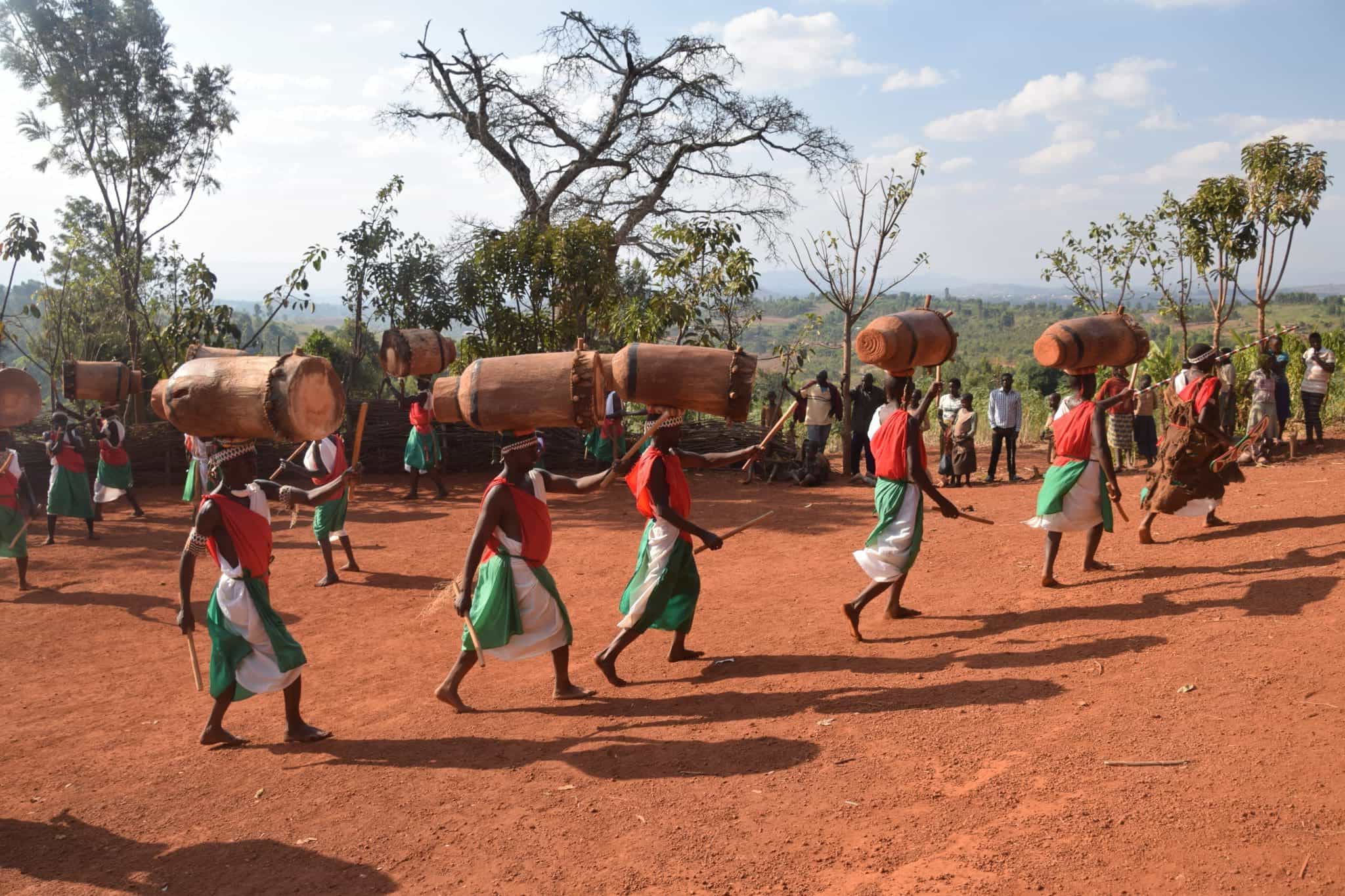
Burundi, a small yet vibrant country in East Africa, often flies under the radar. Nestled between Rwanda, Tanzania, and the Democratic Republic of the Congo, this landlocked nation boasts a rich cultural tapestry and a tumultuous history. Did you know that Burundi is one of the world's poorest countries, yet its people are known for their resilience and hospitality? Kirundi and French are the official languages, reflecting its colonial past under Belgium. The country is also famous for its drumming culture, with the Royal Drummers of Burundi gaining international acclaim. Despite its challenges, Burundi's natural beauty, including Lake Tanganyika, one of the deepest lakes globally, offers breathtaking landscapes. Curious about more? Let's dive into 15 fascinating facts about this unique nation!
Key Takeaways:
- Burundi, a small East African country, is known for its diverse landscapes, including rolling hills, vast lakes, and lush forests. It's also home to the world's second-deepest freshwater lake, Lake Tanganyika.
- Burundi's rich history, vibrant culture, and economy centered around agriculture make it a unique and fascinating country to explore. With its famous traditional dance, main exports of coffee and tea, and efforts to protect its wildlife, Burundi has much to offer.
Geography and Landscape
Burundi, a small landlocked country in East Africa, boasts a rich tapestry of landscapes. From rolling hills to vast lakes, this nation has much to offer.
- Burundi is bordered by Rwanda to the north, Tanzania to the east and south, and the Democratic Republic of the Congo to the west.
- Lake Tanganyika, the world's second-deepest freshwater lake, lies along Burundi's southwestern border.
- The country's highest point is Mount Heha, which stands at 2,684 meters (8,806 feet) above sea level.
- Despite its small size, Burundi has diverse ecosystems, including savannas, forests, and wetlands.
History and Culture
Burundi's history is as rich and varied as its landscapes. The culture is deeply rooted in traditions passed down through generations.
- The Kingdom of Burundi was established in the 16th century and lasted until 1966.
- Burundi gained independence from Belgium on July 1, 1962.
- The traditional dance of Burundi, known as the "Burundi Drummers," is famous worldwide for its energetic and rhythmic performances.
- Kirundi and French are the official languages, with Kirundi being the most widely spoken.
Economy and Resources
Despite facing numerous challenges, Burundi's economy is primarily based on agriculture, with a few key resources playing a significant role.
- Coffee is Burundi's main export, accounting for a large portion of the country's foreign exchange earnings.
- Tea is another important export crop, grown mainly in the highland regions.
- The country has significant deposits of nickel, which remain largely untapped.
- Agriculture employs over 90% of the population, with subsistence farming being the norm.
Wildlife and Conservation
Burundi's natural beauty extends to its wildlife, with efforts underway to protect and conserve its unique species.
- The Rusizi National Park is home to hippos, crocodiles, and numerous bird species.
- Kibira National Park, located in the northwest, is a haven for chimpanzees and other primates.
- Burundi is part of the Albertine Rift, a biodiversity hotspot that includes several endemic species of plants and animals.
Burundi's Unique Charm
Burundi's rich culture and history make it a fascinating place. From its stunning landscapes to its vibrant traditions, there's so much to appreciate. The country's diverse wildlife and beautiful lakes offer natural beauty that's hard to match. Despite its small size, Burundi has a big heart, with friendly locals and a strong sense of community.
Understanding these facts helps us see Burundi in a new light. It's not just a place on the map but a country with a unique story. Whether you're interested in geography, culture, or nature, Burundi has something to offer.
Next time you think about travel or learning about new places, consider Burundi. Its charm and character are sure to leave a lasting impression. So, keep exploring and discovering the wonders of our world.
Frequently Asked Questions
Was this page helpful?
Our commitment to delivering trustworthy and engaging content is at the heart of what we do. Each fact on our site is contributed by real users like you, bringing a wealth of diverse insights and information. To ensure the highest standards of accuracy and reliability, our dedicated editors meticulously review each submission. This process guarantees that the facts we share are not only fascinating but also credible. Trust in our commitment to quality and authenticity as you explore and learn with us.


